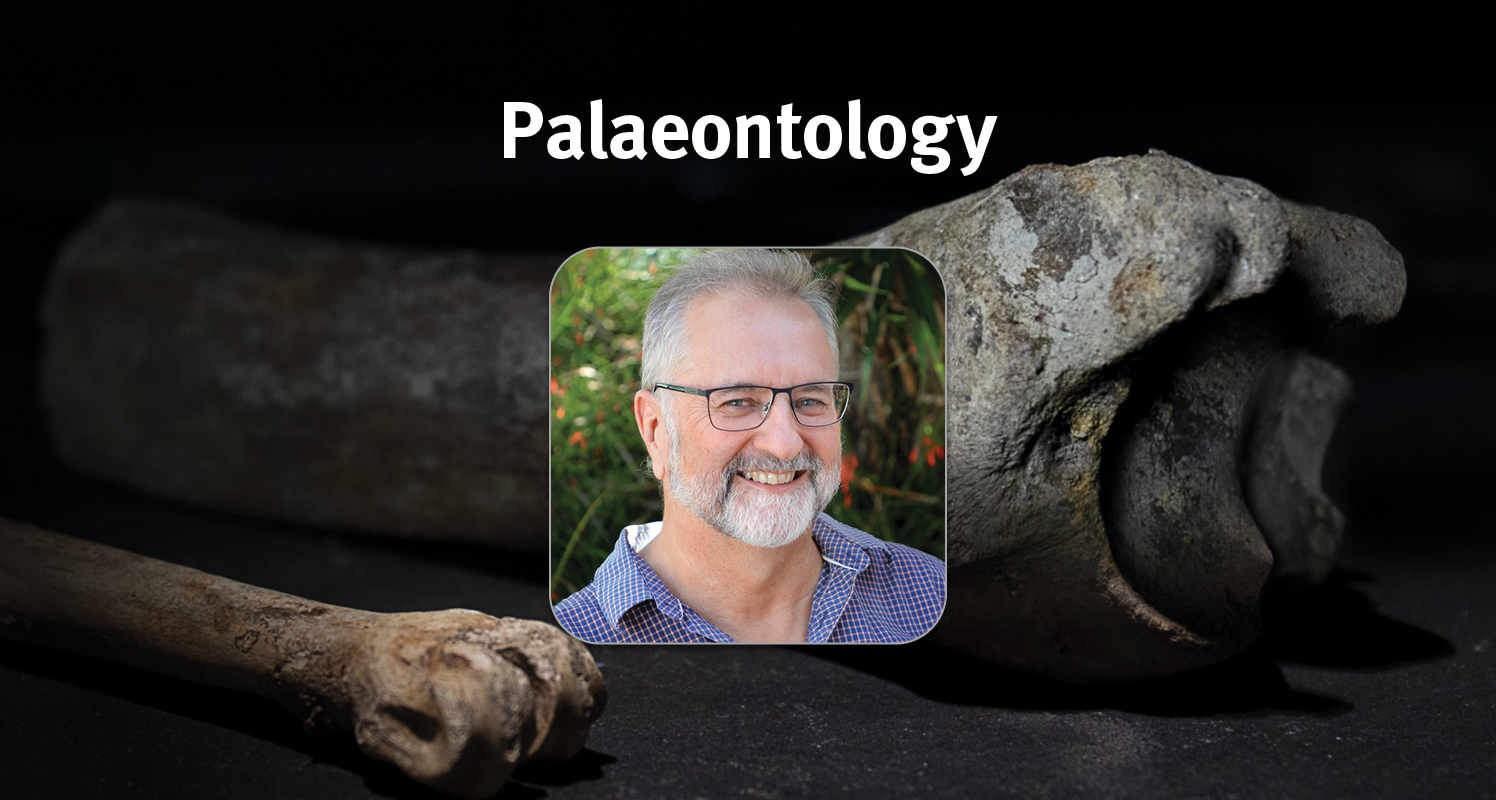
- This event has passed.
Palaeontology with Dr Andrew Rozefelds
May 18, 2022 @ 6:00 pm - 7:00 pm

Palaeontology is the study of ancient life, whether it’s prehistoric plants, dinosaurs, fungi, or any other animal from the ancient past!
To celebration National Archaeology Week we have invited Queensland Museum’s Head of Geosciences and Principal Curator in Paleobotany, Dr Andrew Rozefelds to present on studying the origins, evolution and history of the modern Australian flora and what this means for big projects like Cross River Rail.
Join Dr Andrew during this educational webinar to get a more in-depth knowledge on Palaeontology as he explains more about this fascinating field and helps us understand how organisms have changed over time and the exciting finds we have found during the Cross River Rail excavations, like Jurassic Bark which you can find out more details on our Facebook page.
On the day, you can visit our Archaeology and History page to view the webinar.
MEET DR ANDREW ROZEFELD
Principal Curator Geosciences, Queensland Museum & Adjunct Associate Professor, Central Queensland University
Andrew Rozefelds is the Principal Curator Geosciences Program in the Queensland Museum and Adjunct Associate Professor, Central Queensland University. Queensland has been the centre of some amazing fossil discoveries in recent years. It seems, every few months, another amazing fossil is discovered and the team of staff, honoraries and volunteers at the Museum are often at the cutting edge of these discoveries.
Andrew’s research interests are varied but a central focus has been on the history and evolution of Australia’s rainforests through the study of both living and fossil plants. Andrew has written over 90 peer-reviewed and popular articles. He has described over 14 new species of living plants and a similar number of fossil plants.
Why study the fossil plant record? The North Queensland rainforests have plants whose lineages can be traced back to when dinosaurs were running around Western Queensland. Many of the plants evolved in Australia so the fossil record provides a unique insight into the history and evolution of the modern Australian flora. The fossil plant record has changed dramatically, over time, in response to changing climates, so study of the fossil record can also help us to predict and understand the likely environmental impacts of climate change in the future.
His recent research has resulted in the description of a new fossil sea scorpion (eurypterid) from Queensland, which also happens to be the last one known from anywhere in the world. With colleagues from universities in Australia and a researcher at Kew Gardens, UK he has also competed research describing a fossil Pandanus fruit from Queensland which is the oldest evidence of this group of plants.
On the day, you can access the livestream on our YouTube channel.